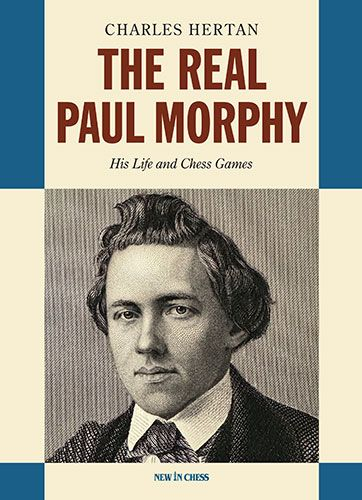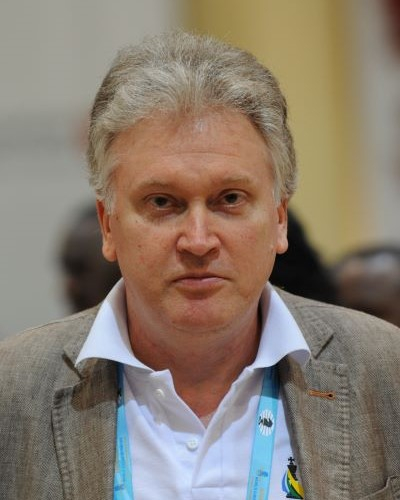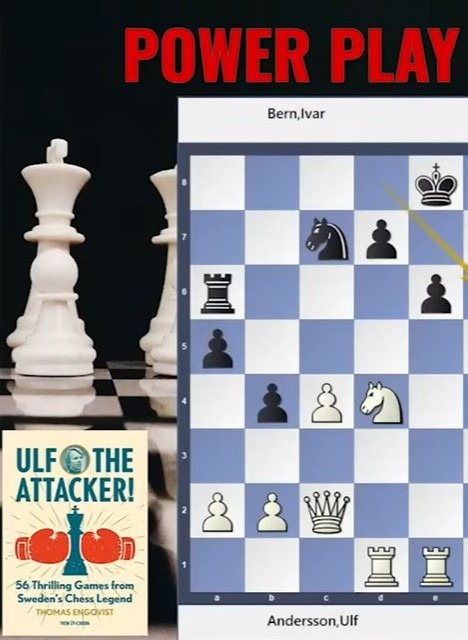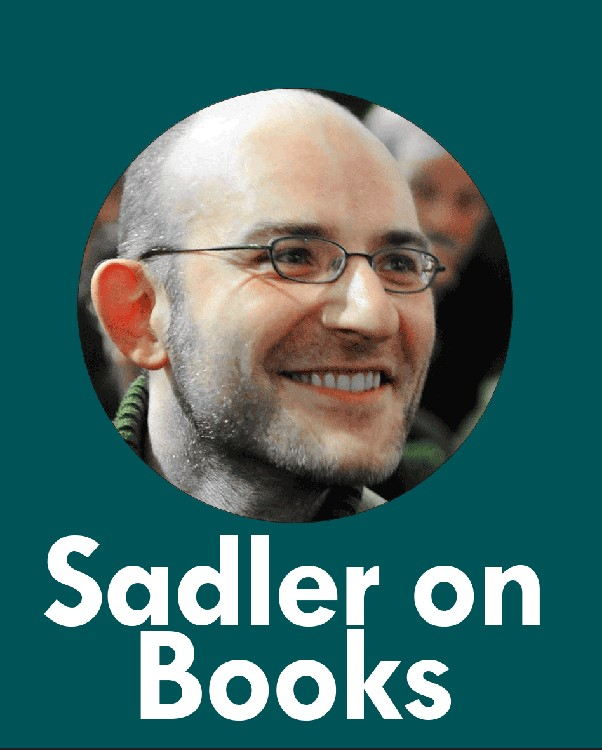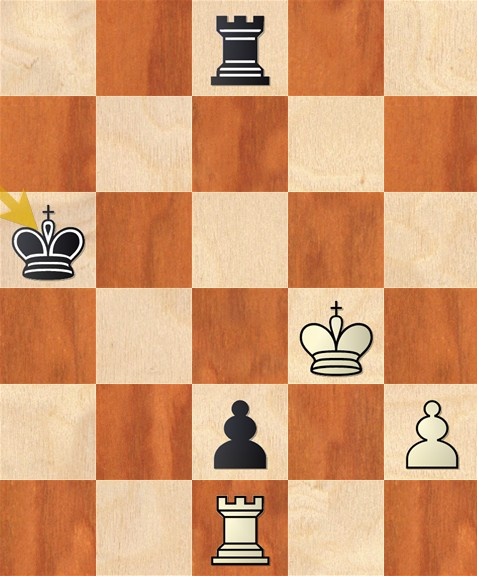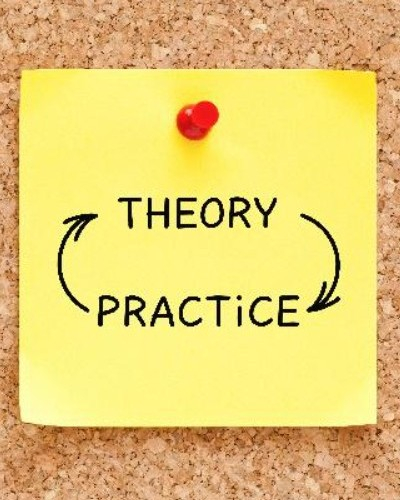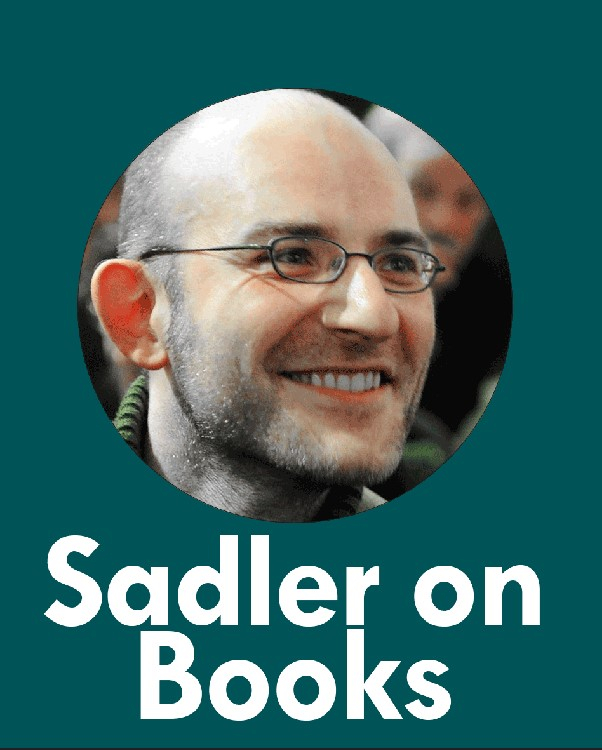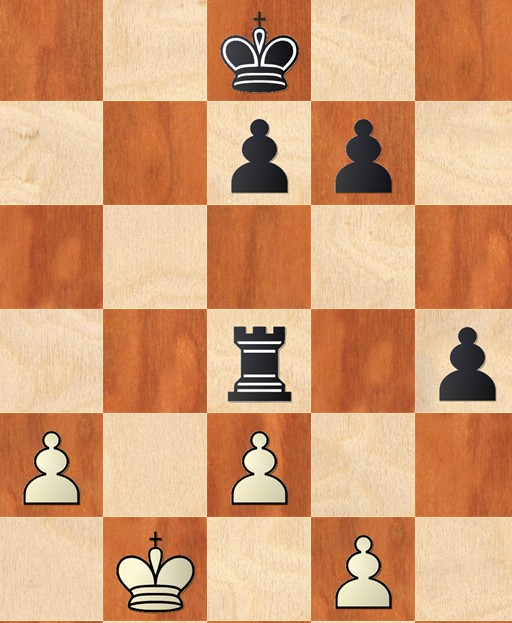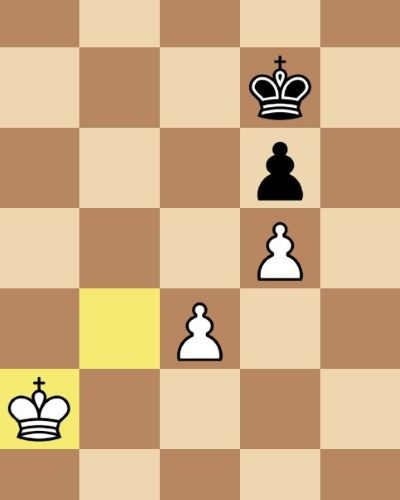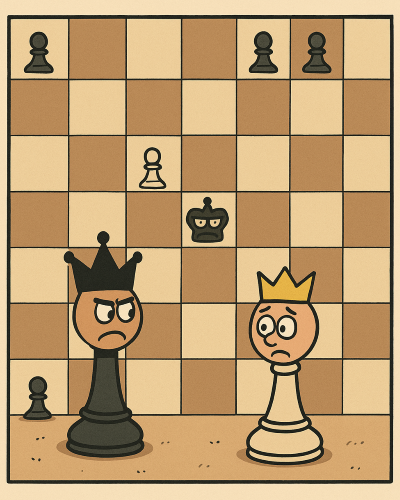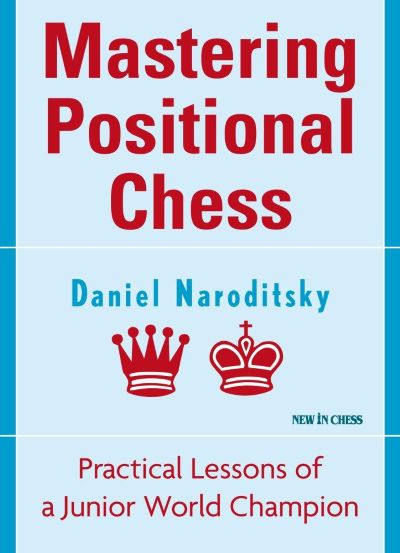
Daniel's books
Dear chess friends, We have received many requests to reprint the books written by the late Daniel Naroditsky for New In Chess. We would love to do that, and we are talking to people close to Daniel to see how we can publish updated editions as soon as possible. Daniel wrote Mastering Positional Chess when he was just fourteen, and its sequel, Mastering Complex Endgames, only two years later. New In Chess was very proud to publish these two wonderful, highly readable chess improvement manuals. As Daniel wrote in his foreword, 'The purpose of reading a chess book is not only to learn from it, but to enjoy it as well!' However, Daniel himself preferred to write a new book and wanted to postpone reprinting the books from his youth until he had finished his new project, which unfortunately never materialised. Please be patient with us. If we can reprint the books, we would like to do so with a beautiful new design and after checking the chess moves with a modern engine. We might want to include175
